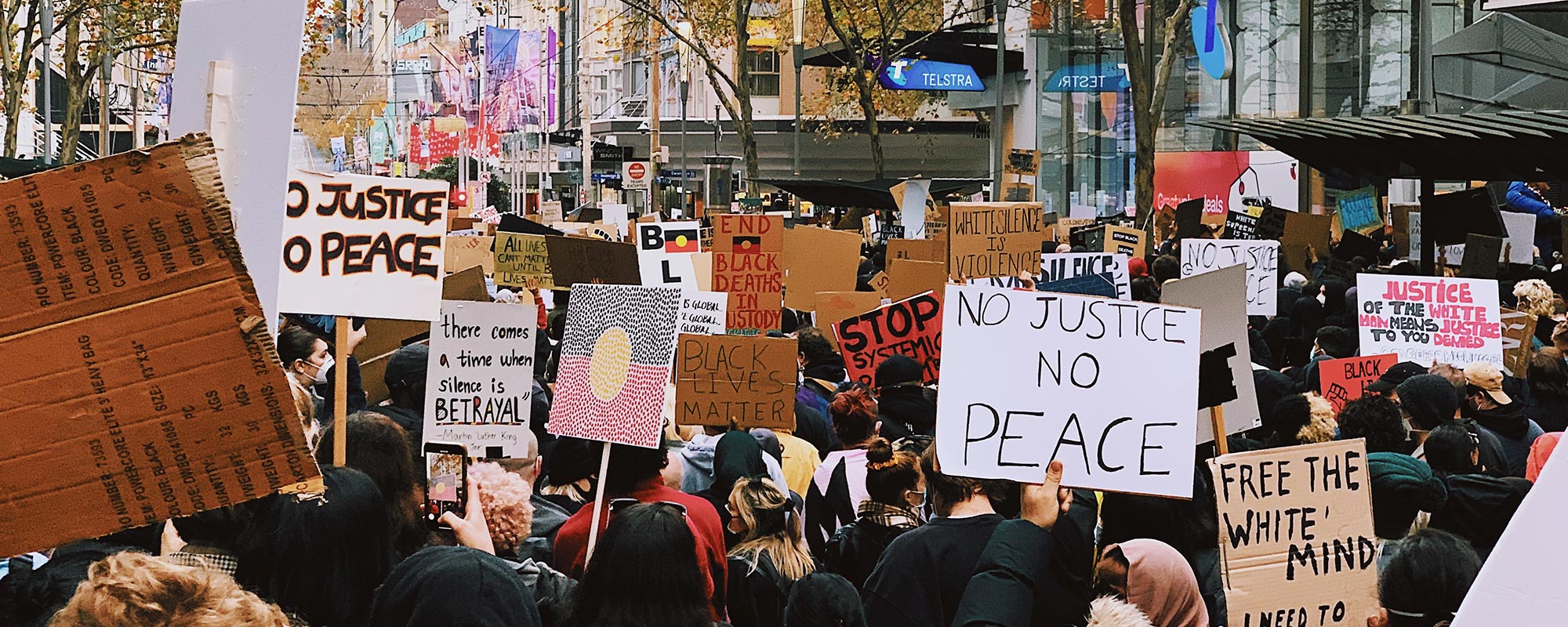How far can police officers go when initiating a “protective” arrest? Can innocent protestors be arrested even when they’ve done nothing wrong? Can the police make an arrest to try to prevent a potential breach of the peace? These questions and more are what’s at stake in the Fleming v Ontario appeal, being heard today at the Supreme Court of Canada.
Randy Fleming was arrested on May 24, 2009 in Caledonia, Ontario by 7 Ontario Police Officers. He was alone and engaged in a peaceful political protest, when he was forced off of a public road and onto private property. His arrest was ostensibly made on the basis of a common law police power that does not appear in the Criminal Code or any other statute; to arrest a person in order to prevent an “apprehended breach of the peace.” A breach of the peace can be harm or threat of harm to a person or property. “Apprehended breach” simply means that the police officer only needs to be reasonably sure there that a breach of the peace may occur.
In this case, the police were concerned that Indigenous protesters occupying the land that Mr. Fleming walked onto might resort to violence. During this “protective” arrest, Fleming was permanently injured by the officers.
The “ancillary powers” doctrine, according to the Ontario Court of Appeal, made Mr. Fleming’s arrest legal, even though he was not currently committing or even suspected of committing a crime. Ancillary powers are new police powers that can be created by judges at common law, based on an old British case. While using ancillary powers can be justified (for example, the police investigating apparent domestic violence after a 911 call for assistance is abruptly disconnected) the use of the power should be subject to rigorous Charter analysis. Especially in cases like Mr. Fleming’s, where the power is used to suppress lawful free speech.
CCLA is troubled by granting ill-defined, common law police powers that allow the police to deprive people of their fundamental Charter rights to liberty, security of the person, and freedom from arbitrary detention. We are intervening to make sure that they are appropriately limited.
Ancillary common law powers of the police have been used to justify more than just preventative arrests. Warrantless searches, spontaneous road blocks and detention of pedestrians for the purpose of investigation, all fall within the ancillary powers doctrine. The power to arrest for apprehended breach of the peace requires special attention, as it is used against persons who have neither committed an offence nor threatened to do so. It is also resistant to review since, unlike an arrest where charges are laid, the circumstances that give rise to the detention almost never come before a court.
Mr. Fleming’s case is exceptional, then, as it provides a rare opportunity for the highest court in Canada to rule definitively on the limits of the power to arrest for apprehended breach of the peace. The immense societal cost to our freedom of expression that stems from this ill-defined, uncodified police power may finally be appropriately curtailed if the Court requires a rigorous Charter analysis.
CCLA has taken the position that the exercise of ancillary powers by police should be subject to a Charter analysis as proposed by Supreme Court Justices Binnie, LeBel and Fish in their concurring reasons in Clayton, decided in 2007. Without a more robust test in place, the ancillary powers have been used to justify a number of incidents of police misconduct, including during the G20.
CCLA will also ask the court to clarify that when an arrest for apprehended breach of the peace is made, the arrestee should be released immediately, as soon as the risk of the breach of the peace has passed. Prolonged detention simply cannot be justified in these circumstances.
CCLA’s intervention in Fleming is part of our ongoing work to fight for your rights to be free from overbearing police powers, and to protect the rights to free expression and peaceful assembly. We thank our counsel Sean Dewart, Adrienne Lei and Mathieu Belanger for representing us pro bono, and look forward to seeing how the Court addresses the important issues this case raises.
About the Canadian Civil Liberties Association
The CCLA is an independent, non-profit organization with supporters from across the country. Founded in 1964, the CCLA is a national human rights organization committed to defending the rights, dignity, safety, and freedoms of all people in Canada.
For the Media
For further comments, please contact us at media@ccla.org.




